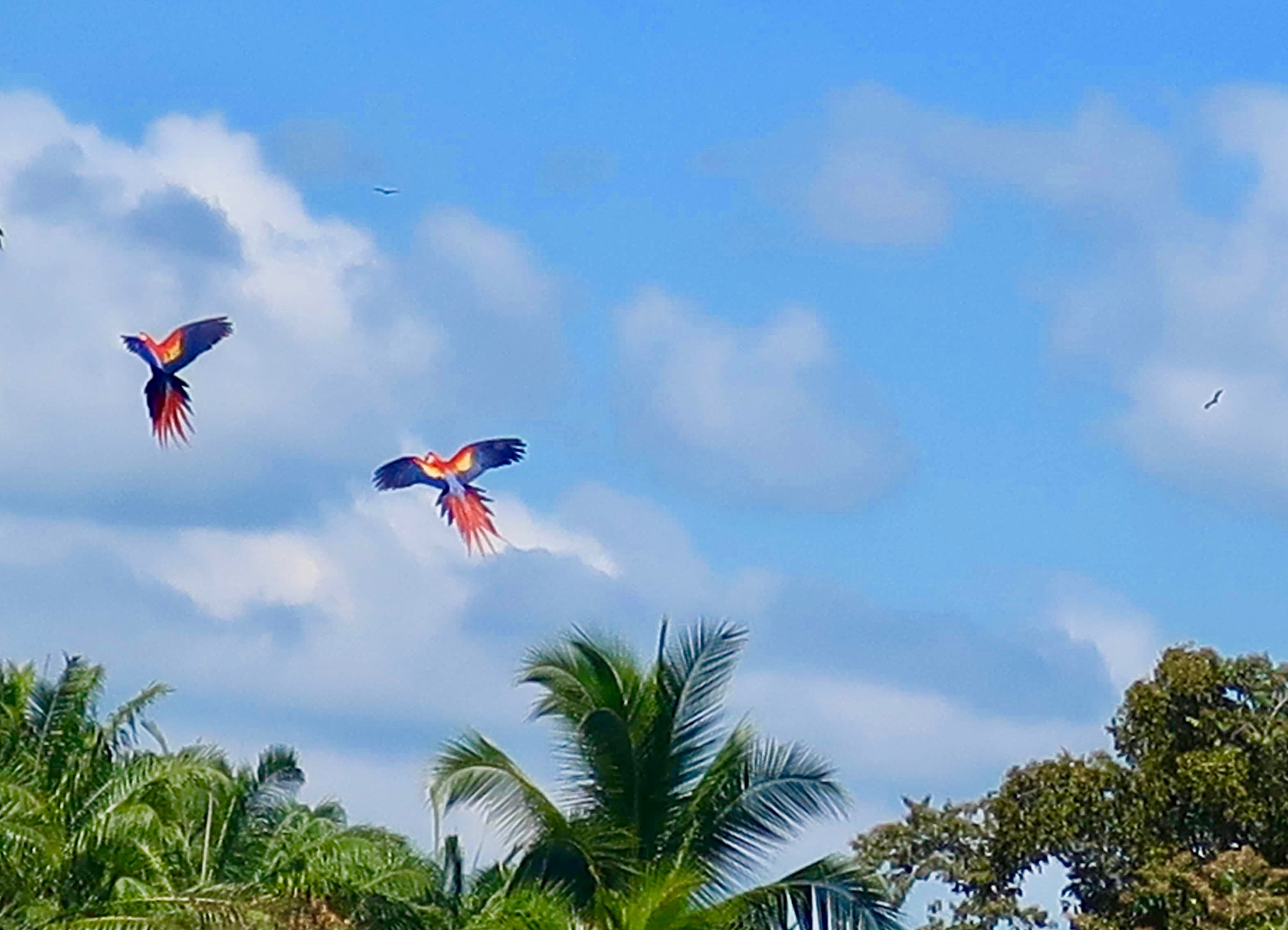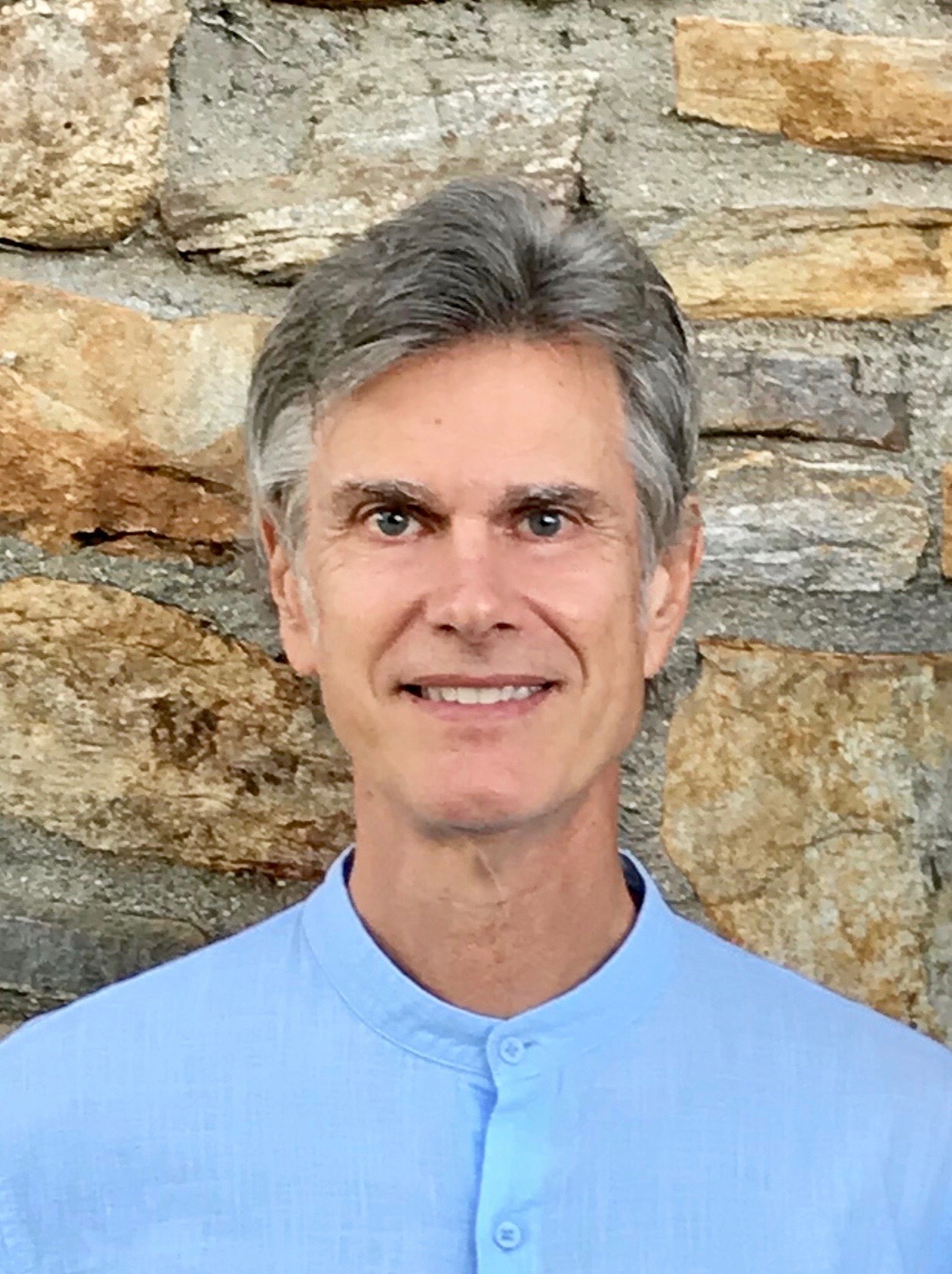
Acceptance and present-centered awareness are key elements of mindfulness. Acceptance, however, is not the same as liking something, nor is it about passive resignation or mere tolerance. Acceptance receives reality as it is, and not how you would like it to be. A lack of acceptance can contribute to suffering when you resist a painful experience. There’s an old story about a Zen master who lost his son to war. With compassionate concern, his disciples gathered around the grieving master, who was crying over the death of his dear son. Having never observed the master in such emotional pain, a senior disciple approached him and stated, “Great master, I have always known you to be someone who abides with tranquility. Tell me what is happening.” The master simply replied, “My son has died and I am sad.” What the Zen master did not say was very telling. He could have cursed the gods or questioned why his son had died. Instead, he simply reflected the reality of his current situation. Gently and directly acknowledging your pain without embellishing it is a way of honoring a human experience that is the very expression of your wholeness and healing.
The Zen master’s open acceptance and presence in the face of a significant loss is a reflection of the potential that all human beings have, regardless of their personal history, cultural conditioning, or belief system. The following skills are related to acceptance, and will support you on a journey from coping with emotional pain to creating peace with the pain.
Essential Skills for Waging Peace with your Pain
Willingness: Being willing to face your emotional pain with openness, acceptance, and gentle compassion is not the same as wanting to face your pain. It’s a common human reflex to try to control or avoid pain—who really wants to experience pain? Willingness is about acting with the understanding that the only way out of pain is to go directly through it. Your willingness to face discomfort and pain is a pathway to psychological flexibility.
Patience: Patience is related to willingness. If willingness to face your pain is employed as a ‘quick fix’ strategy, then it’s likely to have the opposite effect of prolonging pain and suffering. Emotional pain has its own timeframe that can’t be rushed or manipulated. Patiently and gently relating to your pain can often mean the difference between normal pain and self-imposed suffering. Research has suggested that an attitude of patience can have several psychological, physical, and social benefits.
Practice: Consistently engaging in a mindfulness practice is a key skill that integrates acceptance, willingness, and patience, as well as additional attitudes such as openness, gentleness, curiosity, and kindness towards self and others. There are many mindfulness resources available online, although the guidance of a trusted individual or group is recommended for support on the path of practicing mindfulness, especially for beginners.
And remember…
The human mind is a wonderful ‘storyteller’. It may tell you stories about the futility of your efforts or the ‘nonsense’ conveyed in this article, and will provide you with many reasons and excuses to give up. If you’re confronted with such a story, remember this: Accepting a self-sabotaging story not as truth, but as ‘just a story’ can liberate you from an entangled relationship with it. Where you then invest the energy of your attention becomes a matter of choice, not of compulsion to wage battle with your mind. The practice of mindfulness is about waging peace. And it can begin right…now.

